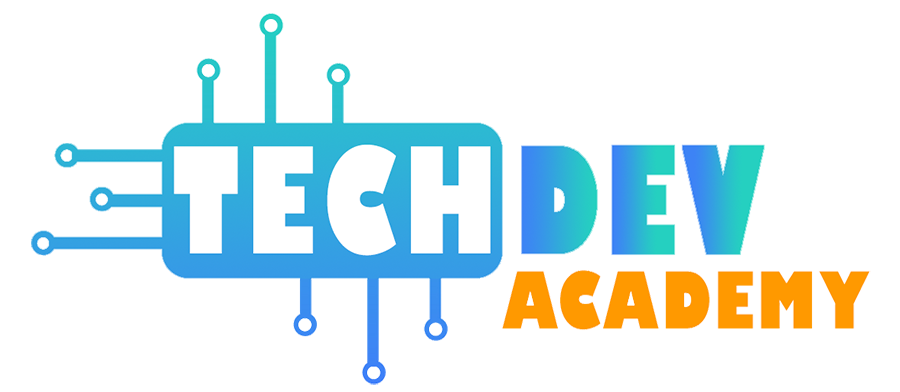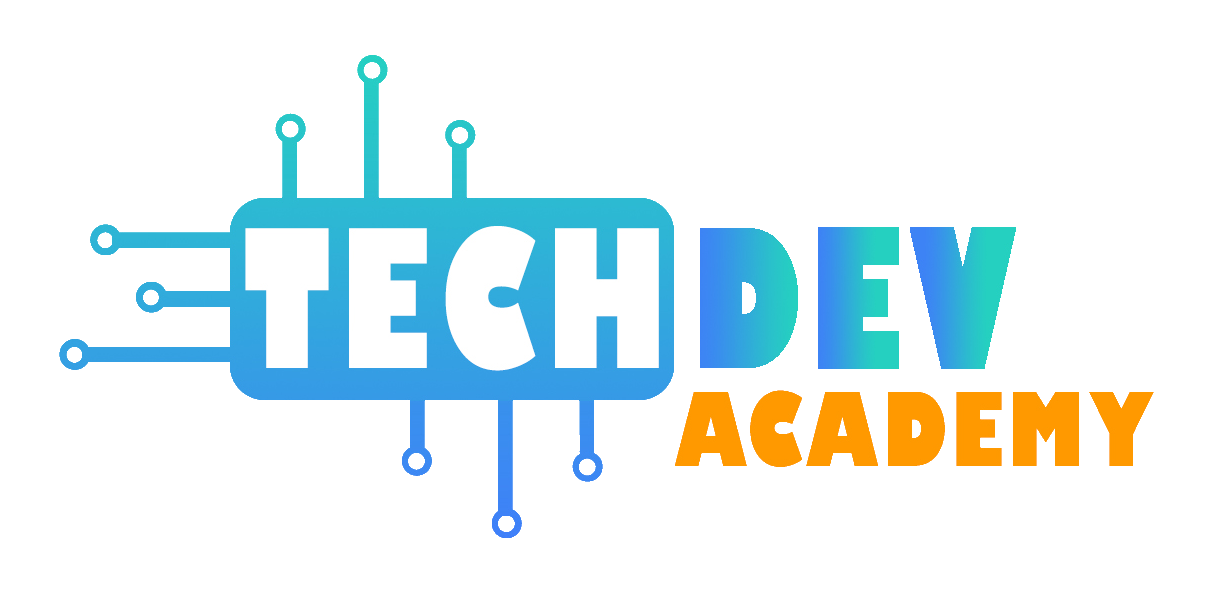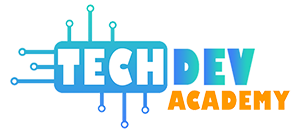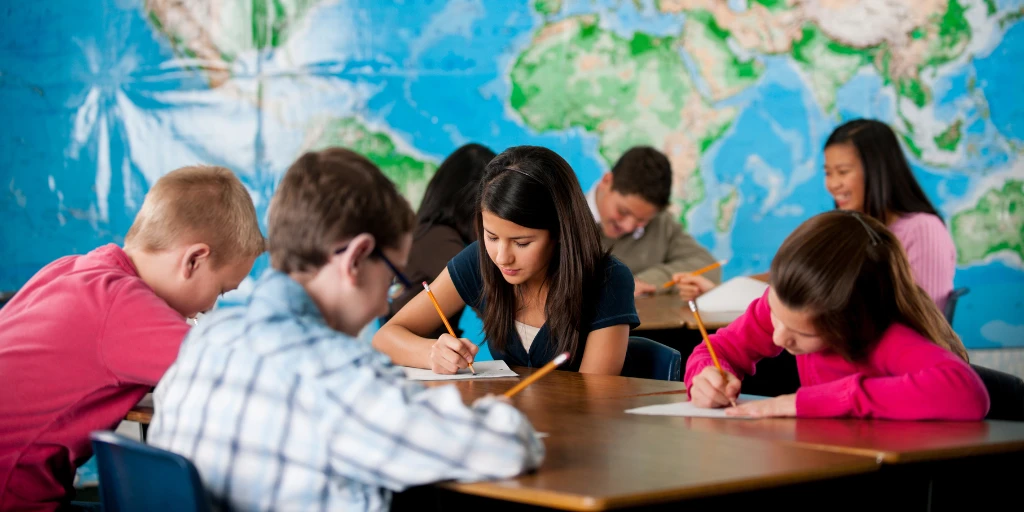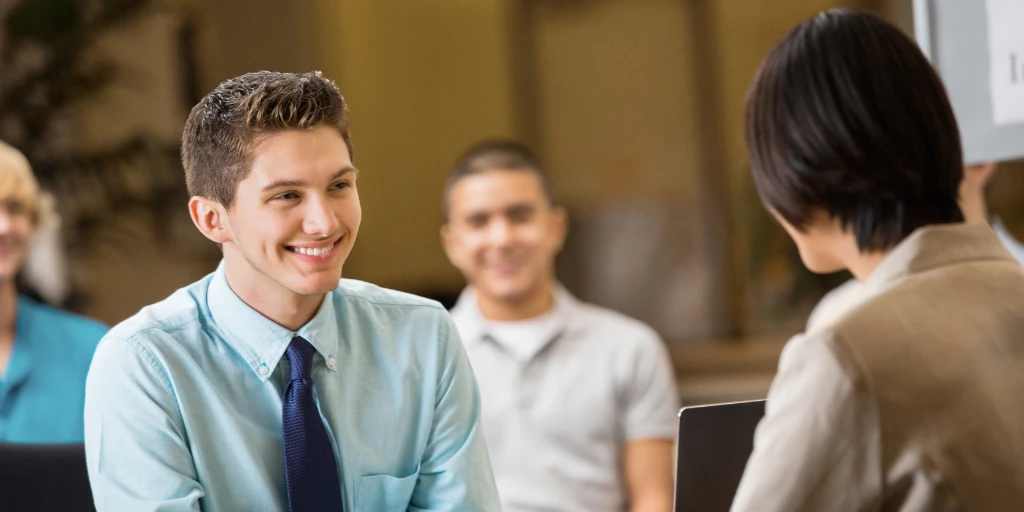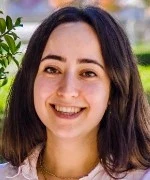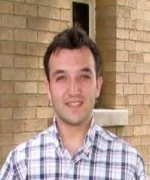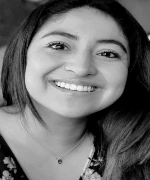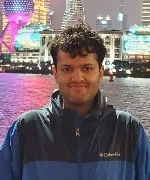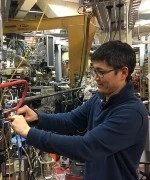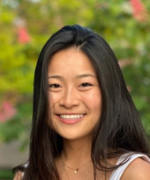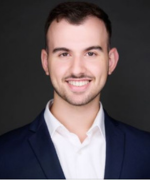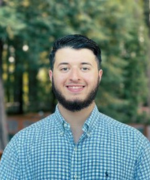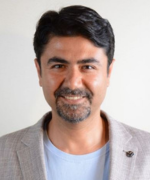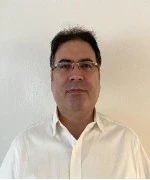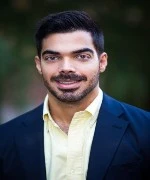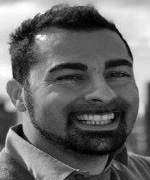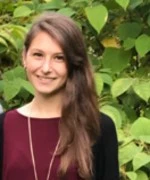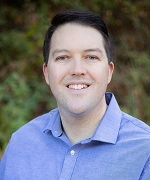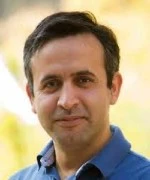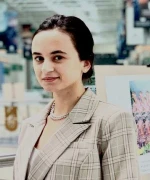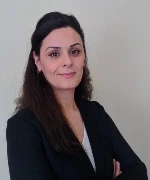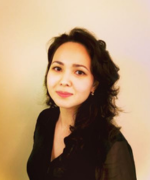How to Mentally Prepare Yourself for College

Going to college is an exciting and transformative experience, but it can also be a time of significant stress and pressure. Mental preparation for college is just as important as academic preparation. Being mentally prepared can help you cope with the challenges and stresses that come with transitioning to college life. In this blog post, we’ll explore some tips and strategies for mentally preparing yourself for college.
Identify Potential Challenges
College is a major step up from high school, and for some students, it might be intimidating. Choosing the right college is also a stressful process. After passing this period, it’s now critical to recognize potential changes that you may face as you mentally prepare for college.
Living away from home, being responsible for your own schedule and studies, making new friends, and adjusting to a new environment are all examples of changes. You can psychologically prepare for the obstacles that lie ahead if you are aware of these potential changes.
Talking to existing college students, either in person or through online forums, is one approach to uncovering prospective changes. Inquire about their experiences and what they wish they knew before beginning college.
You can also get assistance from your high school guidance counselor or college admissions counselor about what to expect.
It’s crucial to realize that everyone’s college experience is unique, so you might not go through all of the same transitions as someone else. However, by being aware of potential changes and mentally preparing for them, you can feel more confident and ready for college life.
Tips for Mental Preparation

Now, let’s talk about some steps for mental preparation:
Visualize success: Spend some time each day visualizing yourself succeeding in college. Imagine yourself attending classes, studying, making new friends, and achieving your academic goals. This can help you build confidence and reduce anxiety about the transition.
Set realistic expectations: College can be overwhelming, so it’s important to set realistic expectations for yourself. Don’t expect to be perfect or to have everything figured out right away. Setting realistic expectations is important to avoid feeling overwhelmed and prevent burnout. Give yourself permission to make mistakes and take breaks when needed. This will help ensure that you have the energy and motivation to succeed in college.
Develop a positive mindset: College can be challenging for you, but it’s important to approach it with a positive mindset. Focus on the opportunities and experiences rather than the potential challenges. Remind yourself that you are capable of succeeding and that challenges can be opportunities for growth.
Practice self-care: Take care of yourself mentally and physically in order to be successful in college. Try to eat well, sleep enough and stay active. Take breaks when you need to, and find ways to manage the stress that work for you, such as exercise or meditation.
Learn time management skills: College requires a lot of independent work and time management. Start developing these skills early by creating a schedule for yourself and practicing good time management habits. Use a planner or digital tool to keep track of assignments and deadlines, and break larger projects into smaller, more manageable tasks.
Take consultancy: Attending a mentorship program before college is a great way to prepare for the transition. A good mentor will help you think through your goals and how to achieve them, as well as provide guidance on how to navigate the college environment.
By taking these steps, you can mentally prepare yourself for college and feel more confident and ready to take on the challenges ahead.
Strategies for Coping with Stress
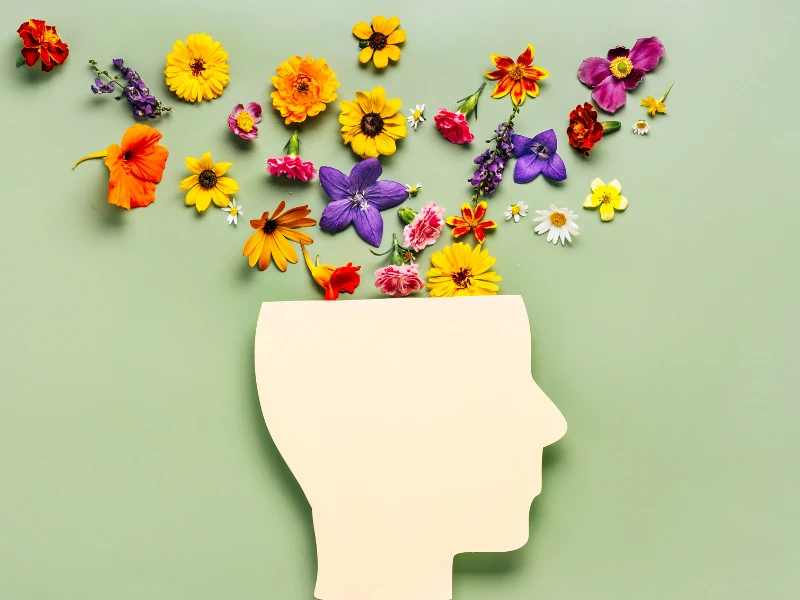

Develop healthy habits: Maintaining a healthy lifestyle greatly contributes to your emotional well-being. Make sure to sleep enough, have a balanced diet, stay hydrated, and engage in frequent physical activity.
Practice stress-reducing techniques: Find activities that help you relax and reduce stress, such as meditation, yoga, deep breathing, or journaling. Schedule time for these activities in your routine.
Manage your time effectively: Time management is crucial in college, as it can help reduce stress and prevent burnout. Create a schedule or use a planner to prioritize tasks and allocate time for studying, socializing, and self-care.
Stay engaged and involved: Getting involved in extracurricular activities and clubs can help you make connections, build skills, and stay engaged with your college community. This can also provide a sense of purpose and fulfillment outside of academics.
Build a support network: Having a support network can make all the difference in your college experience. Connect with peers who share your interests, join clubs or organizations, and reach out to professors or advisors for guidance. Knowing that you have people you can turn to for help can help you feel more confident and less overwhelmed.
Conclusion
Finally, mental preparation for college is just as crucial as intellectual preparation. It is critical to recognize probable changes, devise coping techniques, and seek assistance from friends, family, or specialists.
Taking care of your mental health and well-being will help you negotiate the obstacles of college life and prepare you for future success.
Remember to be gentle with yourself, prioritize self-care, and utilize the tools at your disposal. You can overcome any challenges and make the most of your college experience if you have a positive and proactive attitude.
